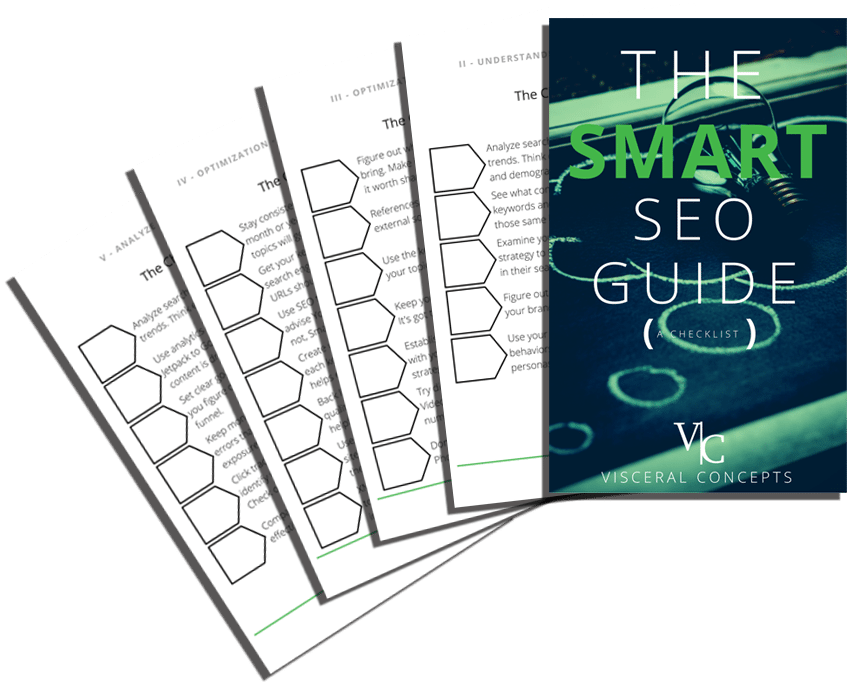If you're sick of losing out on search rankings, wasting time on keywords, giving money to an SEO company with uncertain results, or being confused about SEO, this guide is for you! Download it now to build solid optimization through quality content and start getting more leads NOW!




